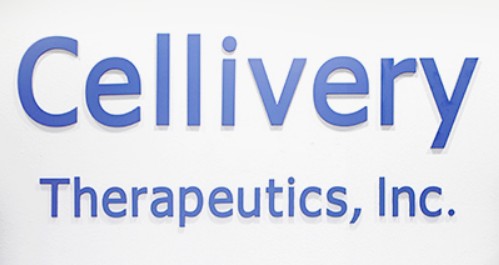Cellivery has received a “disclaimer” of opinion on the first half-year report from its auditor. The company's shares are suspended from trading, drawing the industry's attention to its delisting from the stock market.

In a public notice on Monday, the new drug developer said it had received a “disclaimer of opinion” from an auditor for its financial statements in the first half of 2023.
The auditor cited the limited scope of the audit of the underlying financial statements, significant uncertainties in continuing business, validity of investment and funding transactions, and appropriateness of accounting as reasons for the disclaimer.
Celliveri also received one audit disclaimer from its external auditor in March for its first quarter audit report. The auditor has since changed from GT Daejoo to Nexia Samduk, but the result was the same.
Cellibery is now in danger of being delisted. When the company received a disclaimer of opinion on its first-quarter audit report in March, the Korea Exchange suspended the trading of its shares, citing the occurrence of grounds for delisting.
The exchange later accepted the company's appeal and granted it an improvement period before deciding whether to delist. The improvement period is 10 days from the day after the statutory deadline for submission of the 10th annual report (FY2023). During the remediation period, the stock trading suspension continues.
In addition to the disclaimer of opinion, the company’s poor operating performance increases the risk of delisting, according to industry watchers. Cellivery fell into separation-based full capital erosion, consolidation-based partial capital erosion last year, and even consolidation-based full capital erosion in the first half of this year.
The company's capital erosion rate for the first half of this year is 200 percent. If a Kosdaq-listed company records a capital erosion rate of 50 percent or more for two consecutive years, it works as grounds for delisting.
The exchange will decide whether to delist the company after a substantive review.
Besides, on the same day that Cellivery made public the auditor’s disclaimer of opinion, the exchange announced it had added reasons for placing Cellivery on a list of caution for investing. The additional reasons for the designation include the capital erosion rate of more than 50 percent in the first half, equity capital of less than 1 billion won ($751,000) in the first half, and adverse (audit) opinion in the first half.
In March, Celliveri issued an apology for the occurrence of causes for delisting. Early this month, the company also said it had commissioned a U.S. consulting firm to help it succeed in its licensing agreement.
Market analysts said they would watch closely whether the company’s appeasing of shareholders would calm investors’ concerns about its looming delisting.
Related articles
- [Reporter's Notebook] Is ‘special listing’ system hurting biotech industry?
- Which are 8 Korean biotech firms that face delisting risk this year?
- Cellivery at risk of delisting after receiving a disclaimer opinion from auditor
- Several Korean biotech firms face delisting amid audit failures, financial struggles

